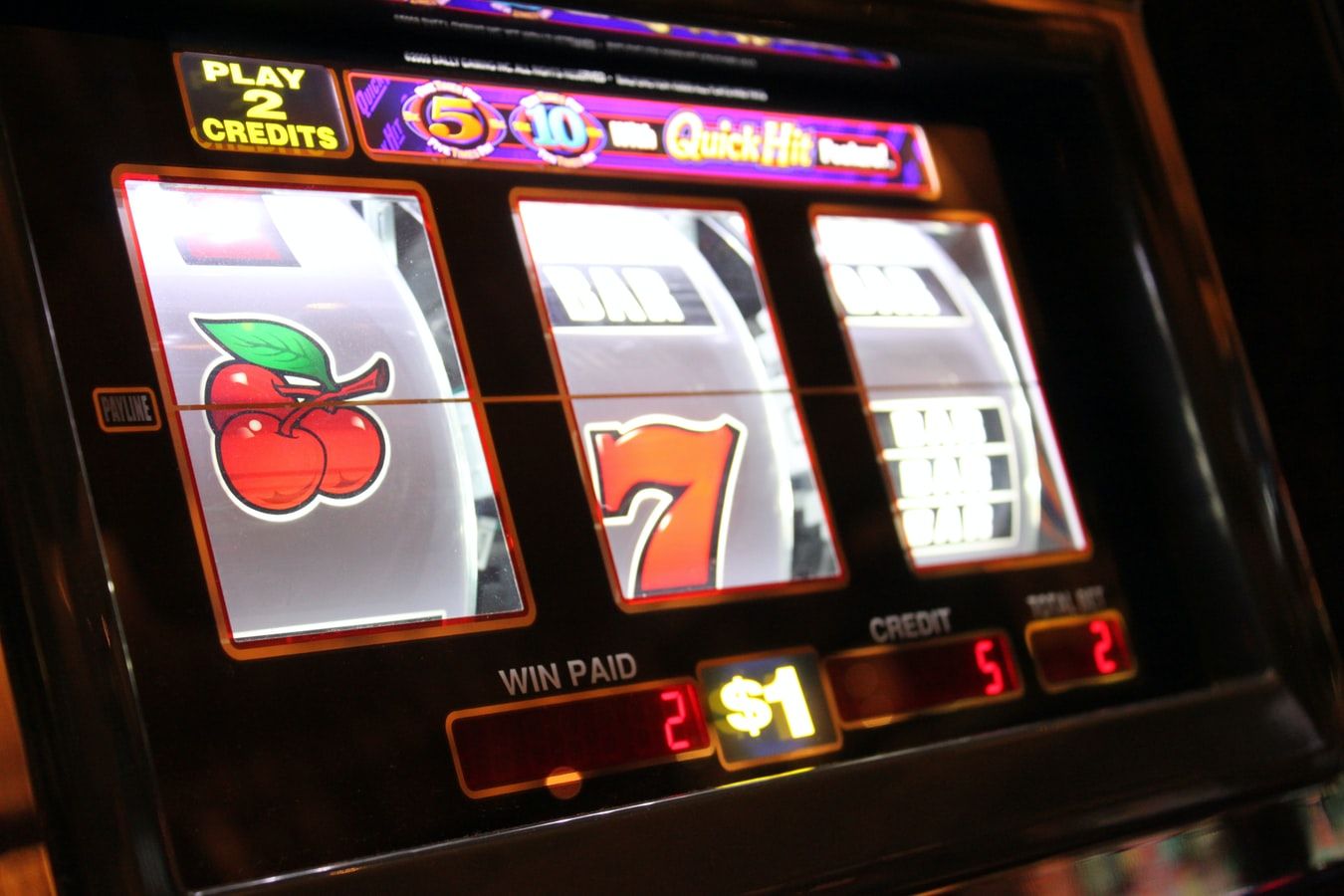
How has roulette maintained its popularity through the years?

Roulette is arguably the most recognizable table game found in casinos, rivaling poker as an enduringly popular pastime for players over the decades.
So what is it about roulette that has helped it to stay relevant throughout the years, and does this retro throwback have the potential to keep wowing audiences long into the future?
Early beginnings
While most people first experienced online roulette before its land-based equivalent in the 21st century, back in the 1700s it was conceived in France as a game of chance that could appeal to punters while still satisfying the needs of casino operators.
Some scholars believe that roulette actually evolved from efforts by French mathematician Blaise Pascal to come up with a machine that could operate perpetually without needing to be powered, and while his efforts were unsuccessful, the mechanisms developed formed the foundation of what would become a globally successful game.
Mass appeal
The main aspect of roulette that has helped to sustain it for so long is its innate simplicity. There are virtually no rules to learn, and anyone can grasp what is going on as soon as they step up to the table. This puts it in opposition to other casino games, some of which are hard to learn and even trickier to master.
At the core of the game is luck; you pick a number, or opt for a color, and place your bet. The croupier spins the wheel, lets the ball run around it in a pleasing way and as it begins to jangle and bounce between the different segments, the sound it makes brings excitement to the ears of anyone within hearing range.
This accessibility, combined with the fact that it is entertaining even for spectators, allowed roulette to stand the test of time and eventually become adopted outside of its native France, making appearances first throughout Europe and then in North America.
House advantage
It is easy to see what has provided roulette with long standing support from players, but it would not have ascended to the iconic heights it currently sits at were it not also for the fact that casinos were keen to install tables on their premises.
The reason for this is also straightforward; the odds of roulette are perfectly pitched to ensure that the house always wins, even if players are able to walk away with a decent proportion of the cash they put down in the first place.
This is a result of the inclusion of the 0 and, in certain regions, the 00. It is these that allow for profit to be extracted from the game, in spite of various attempts by players to try and beat the system and find a way to guarantee that they win overall.
So while roulette does not allow for anything other than a profit to be made by the house, there have been examples of rigged wheels being put in place by certain underhanded players in the past. At the end of the day, the house will always have the advantage unless subterfuge is used.
Modern incarnations
The aforementioned arrival of online casinos in the 1990s brought with it the rise of digital roulette, and this has been available as a web-powered gambling game type for well over two decades at this point.
The same reasons for its popularity apply in its online carnation as in its bricks and mortar equivalent. There are even live roulette games streamed over the internet or shown on TV in real time to allow for remote play.
The future of roulette looks bright, as this retro casino game is still impressing modern day audiences with its accessibility and unfussy thrills.



